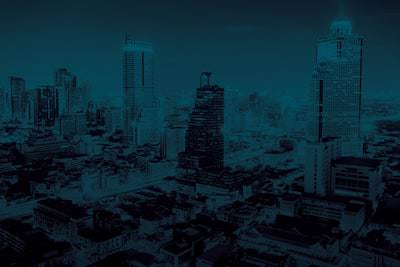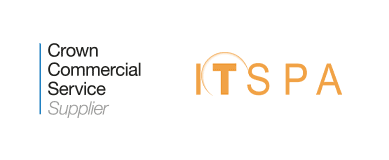Customer Relationship Management (CRM) systems are essential for your contact centre. They can be used to make your processes more efficient, driving your growth and speeding up the time it takes for a lead to become a sale. However, with many different CRM systems available to choose from on the market, it can be tricky to decide which type will be best value for your business. We take a look at what you should look for in a good CRM system.
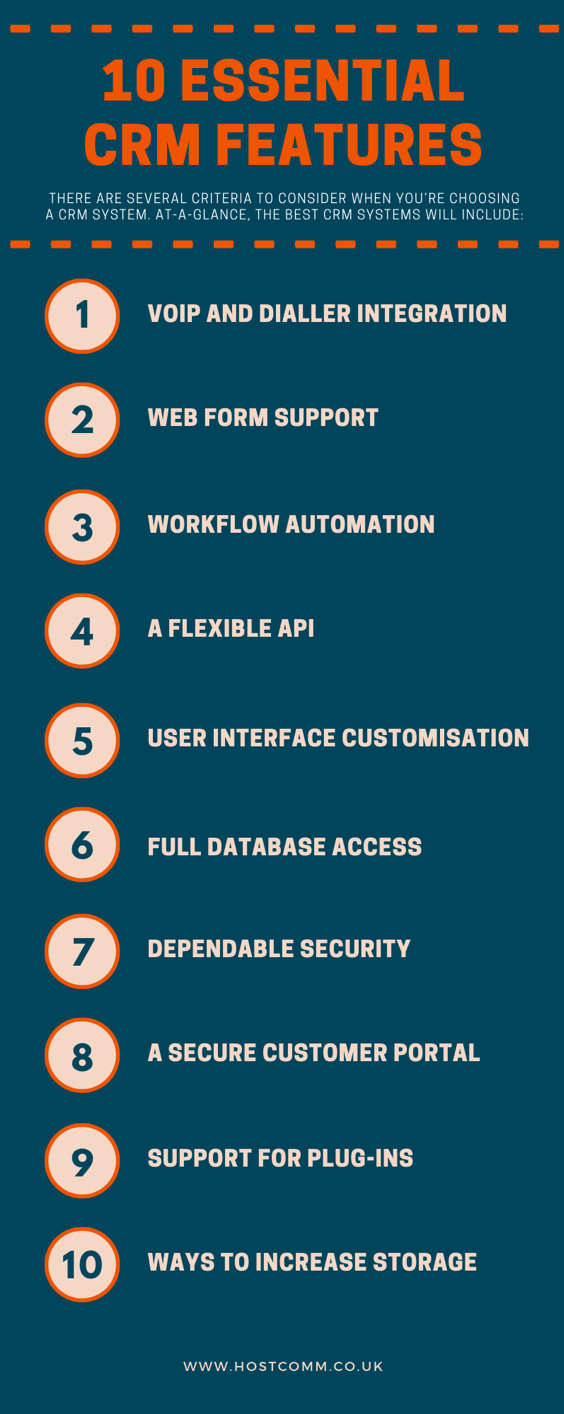
Timely

Leads need to be dealt with quickly and efficiently if you wish to stand a chance of turning the contact into a customer. A CRM can help you manage your response, while logging all customer contact and the information you have collected for future reference. Whether you’re making outbound cold calls or receiving enquiries through your website, sales leads can come from just about anywhere. Call centres increasingly use multiple platforms to support their work, and a CRM system needs to be ready for all of them. There are two key features of a good CRM system that you need to look out for to ensure your customer contact is undertaken in a timely manner.
1. VoIP and Dialler Integration
Your CRM system needs to be fully integrated with the dialler that you use. Some CRM systems will allow you to drop leads directly into the system based on call dispositions, with customer records created accordingly. Furthermore, VoIP integration with the CRM system can help to boost your agent’s performance and save them time. This is because when a call comes through, the customer records associated with the caller ID will pop up, meaning that the agent does not need to waste time searching for the relevant information. In addition to this, such a system can also create a click-to-call button on-screen for outbound calls from the CRM, meaning that manual dialling is not needed.
2. Support for Web Forms
Another area that needs to be covered by your CRM system is the website. As well as working with your dialler, a good CRM system will also connect with your website, allowing leads gained from website forms to be dropped directly into your CRM system and dialler queue. This can help agents to react faster to leads from web forms, that would otherwise have to be sorted through manually.
Efficiency

Every company will want each step of their whole contact centre process to be fast, consistent and efficient. However, when tasks are required that are performed manually by human agents, this can cause the whole process to slow down or stop. Furthermore, manually entering data or scheduling calls can easily lead to a human error mistake, for example, if an agent clicks on the wrong input button or enters a number incorrectly. Luckily, a good CRM system will help you eliminate these manual processes to help boost efficiency.
3. Workflow Automation
Reducing the number of tasks that happen manually will lead to a lower risk of errors, and can help to speed up the whole process of successfully contacting customers. As such, many CRM systems offer workflow automation, which triggers specific events based on certain criteria. For example, when a customer asks for more information after an initial cold call, your agent might need to write an email. This takes them away from the phone, where they could be working on new leads. Workflow automation could take care of this process automatically, based on the disposition of a call. As a result, your agents can focus on what they do best – making sales and generating revenue.
4. API Integration
It is likely that your agents will be working across several hardware and software systems over the course of a day. Therefore, it is a good idea to use an application programming interface (API), as this allows your CRM system to be integrated into almost any other system. This opens up opportunities for automation across platforms, as well as the ability to share data to and from your CRM system. In addition, an API will bring all of your systems together to form a cohesive process.
Convenience and Control
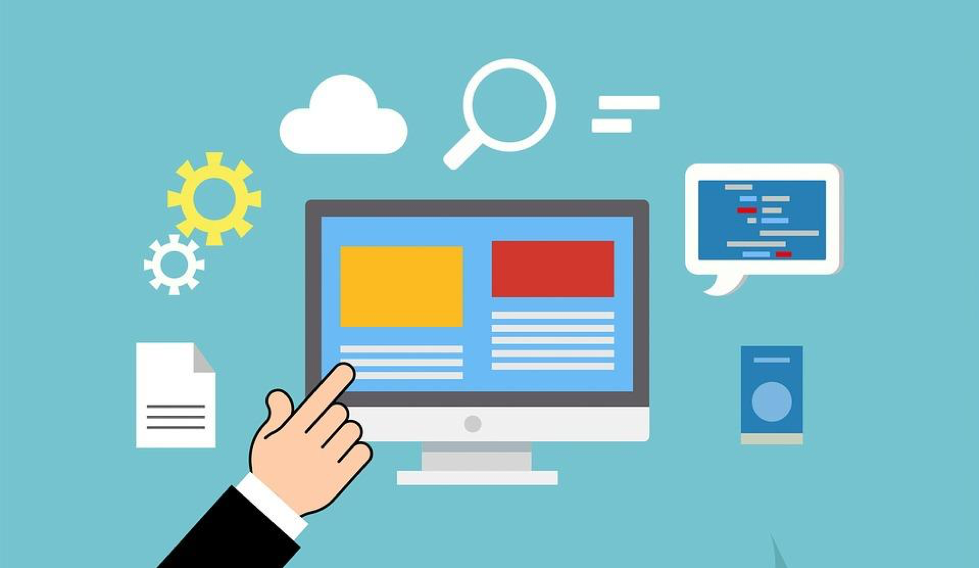
If your CRM system is highly integrated with your systems, such as your dialler and phone system, then it is likely that a wide range of people will be using it. As such, there are areas such as ease of use and access levels to be considered. The CRM system is likely to be used in a number of different ways. Some may be relying on automatic screen-pop to bring CRM system records to the dialler, while others may be using the same few CRM features repeatedly. With that in mind, you need a system that strikes a balance between convenience and control – something that’s easy to use day-to-day, but also ready to support more advanced processes and workflows.
5. Customisable User Interface
With CRM systems dealing with a wide variety of businesses and catering to a lot of different needs, some systems may become bloated, with too many features and input fields. If the system has too many options and steps to use it, your agents will need extensive training just to learn how to find their way around it. Overly complex systems can overwhelm agents, and some may struggle to work efficiently using it. It is, therefore, important to check that your chosen CRM system allows for customisation of the user interface. That way, you will be able to hide features that you rarely use and structure it so that features your agents depend on for their daily tasks are quickly and easily accessible.
6. Complete Database Access
Some CRM systems are hosted on shared servers, meaning that full database access is impossible for data security reasons. However, if you are trying to create an advanced report using data, or manually backup your database, you will need full access. The customer data in your database is yours – a valuable business asset that you should be able to access and use however you want. To ensure this, look for a CRM system that’s hosted on a dedicated server and provides full access as standard.
Strong Security and Easy Data Sharing
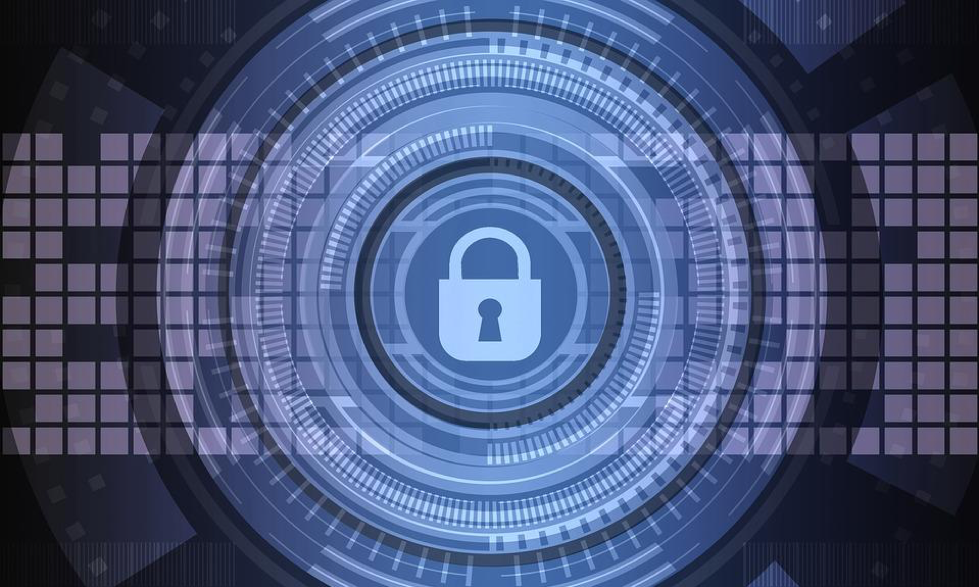
It is quite likely that your CRM system will be cloud-based, as this type of hosting allows flexibility, streamlined implementation and the ability to access your system from anywhere. However, this flexibility should never impact on the security of your customer’s data. It is essential to use a CRM system that is built with reliable, enterprise-grade security. In turn, you can share data and allow widespread access to parts of your system with complete peace of mind.
7. Dedicated Server With Powerful Security
Many CRM systems are hosted on shared, multi-tenant servers, where several users share the same hardware resources. However, this can never be as secure as your own dedicated server which only your approved IP addresses can access. Always find out how your system will be hosted and, ideally, look for a dedicated server with its own firewall and an SSL certificate to encrypt data transmitted to and from the server.
8. Secure Customer Portal
Having a secure CRM system means that you will be able to access the data with confidence that you are not increasing the risk of a breach. Some CRM systems will offer secure customer portals, although you will need to check if this is included, as some will only be sold as a rather costly add-on product. After logging into a part of your CRM system from your website, customers will be able to check their personal details, raise support issues, and track the progress of queries. As a result, you can continue to get value from your CRM system for the duration of your customer’s time with your company, and deliver the best service by engaging customers in open, two-way, secure communication.
Flexibility
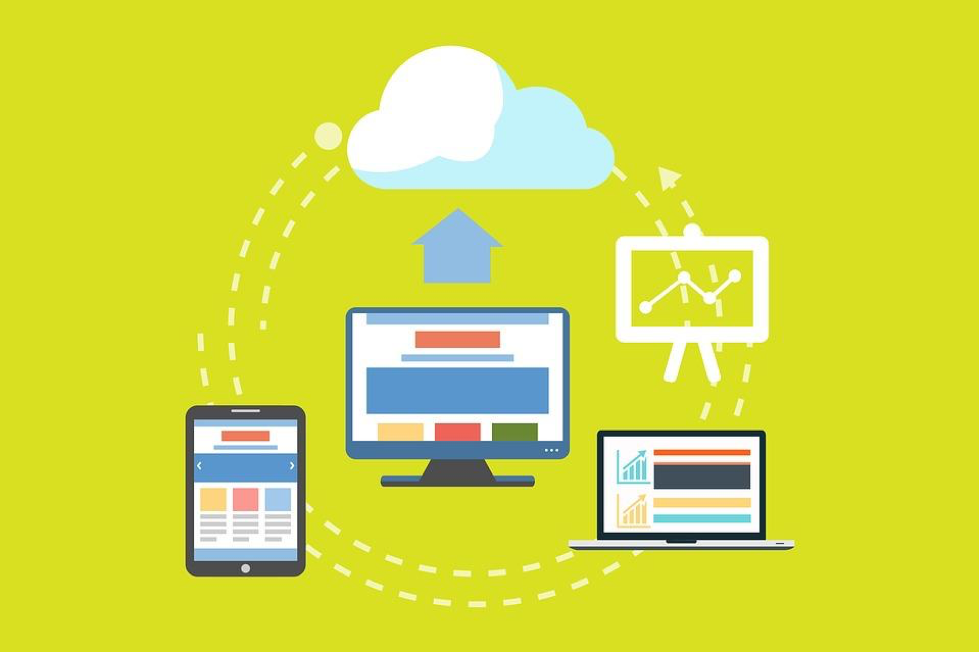
Over time, it is likely that the exact needs of your company will change. When you first purchase a CRM system, you will be looking for something to meet the current demands of your contact centre. However, if these needs change in the future, then your CRM system will need to have the flexibility to adapt as required.
9. Extensive Plug-In Support
Without the ability to add in new features using plug-ins, your CRM system may become outdated quickly. Plug-ins allow you to extend the capabilities of your system, adding in new features and tools that may become essential to achieve the most efficient functionality. While you can rely on your CRM vendor to add in new features that you will need over the years, this should be avoided as it is likely to come at a considerable cost. Instead, seek a CRM system that has support for packaged plug-ins, to allow you to add features as and when you need them. While it may currently seem that you need nothing more than what is offered with the basic CRM, it is good to be covered as the likelihood is that features you don’t have will become essential in the future.
10. Flexible Storage Costs
As you continue to add new customer records to your CRM, over time, the CRM system database will grow, and you may find yourself with storage problems. If you don’t have flexible storage costs in place with your CRM system, then the problem can soon become pricey. With some hosted systems, the data storage options will be relatively limited. Other providers may require upgrades on their terms, or even grow your storage automatically to meet demand – and bill you for it without notice. It is best to look for a CRM system that will put you in control of your storage. If your system is hosted on a dedicated server, you can choose to archive older records, add new storage modules to the server, or migrate to a larger dedicated server. With this flexibility of choice, you can make the decision that best fits your business and your budget.
All ten of these essential CRM features (and more!) can be found in Hostcomm’s call centre system, which can be tailored to suit your company’s specific needs and requirements. If you would like to find out more about what we can do for you, then contact [email protected], or call us on 0808 168 4400.
